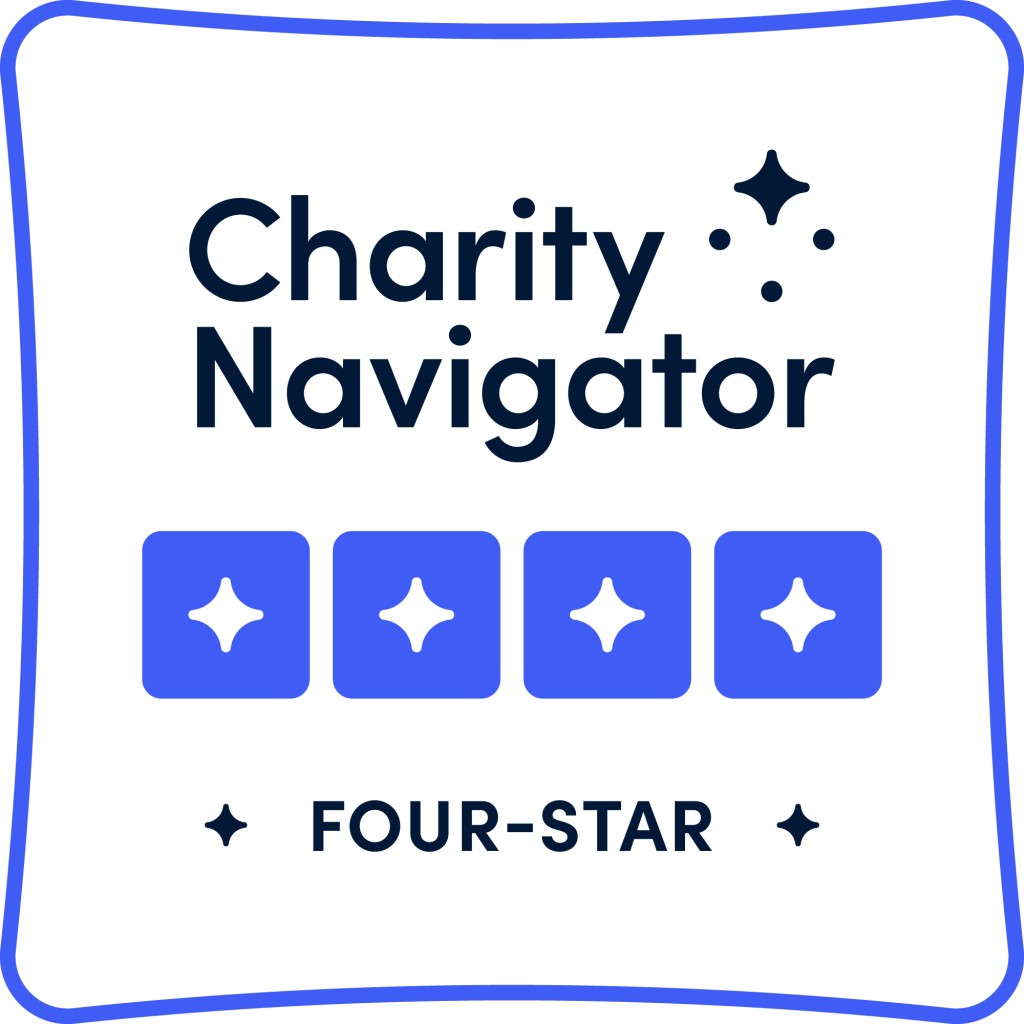Caregivers are often the unsung heroes of the ovarian cancer journey. They manage appointments, provide emotional support, and keep households running — all while carrying their own fears in silence. At the National Ovarian Cancer Coalition (NOCC), we know that caregivers need care, too.
This is the story of Joseph, who became his wife Maralin’s caregiver when she was diagnosed in 2020. His experience shows how ovarian cancer caregiver support can transform isolation into connection, and fear into strength.
Carrying the weight of caregiving
When Maralin was diagnosed during the height of the pandemic, Joseph faced the realities of caregiving largely alone. He managed meals, laundry, and appointments while keeping his fears to himself.
“Throughout her front line treatment, I was alone. Our family lives three time zones away, and I was unaware of the support that was available to me through NOCC.”
One of the hardest parts for Joseph was hiding his emotions. He wanted to appear strong for Maralin, but she sometimes mistook his silence as indifference. In reality, his love and worry ran deep. Over time, he learned that honesty was as important as strength in their shared journey.

Discovering the power of caregiver support
Joseph’s turning point came when Maralin encouraged him to join NOCC’s caregiver support group. It was there that he realized he was not alone, and that other caregivers shared the same struggles.
“It was not until I enrolled, at Maralin’s prompting, that I learned that I was not alone.”
Through the caregiver support group and counseling programs, Joseph gained the confidence to share his feelings with Maralin. Together, they learned to face ovarian cancer as a team. With each scan and lab test, they leaned on each other and celebrated every moment of No Evidence of Disease.
Giving back through compassion
Inspired by Maralin’s generosity toward other survivors, Joseph began giving back as well. Today, he co-facilitates the caregiver support group and helps organize awareness events, including Ovarian Awareness Day with the Arizona Diamondbacks.
“The first thing that I tell any caregiver is to get involved with the caregiver support group. It is important that they know that they are not alone.”
His message is clear: caregivers need support just as much as survivors do. By opening up and connecting with others, Joseph found both healing and purpose.

Carrying strength forward
Joseph’s story shows that ovarian cancer caregiver support is more than a resource — it is a lifeline. By connecting with others, caregivers discover strength, share experiences, and learn that caring for themselves is just as important as caring for their loved ones.
His journey reminds us that no caregiver should walk this path in silence. Together, with programs like the caregiver support group, we can build a community of compassion and hope.
What you can do right now
- Join the caregiver peer support group
- Explore NOCC’s caregiver and survivor resources
- Attend a Together in TEAL® run/walk to connect with community
- Read more ovarian cancer caregiver and survivor stories
Frequently asked questions about ovarian cancer caregiver support
Caregiving is a journey that comes with unique challenges and rewards. Many caregivers, like Joseph, find themselves searching for guidance, connection, and reassurance as they support their loved ones. To help, we’ve gathered answers to some of the most common questions about ovarian cancer caregiver support and the resources available through the NOCC and beyond.
What is ovarian cancer caregiver support?
Caregiver support includes programs, groups, and resources designed to help caregivers manage the emotional and practical challenges of caring for a loved one with ovarian cancer.
Why do caregivers need support during ovarian cancer treatment?
Caregiving can be isolating and overwhelming. Support programs provide connection, emotional relief, and practical advice, helping caregivers avoid burnout.
What is NOCC’s caregiver peer support program?
National Ovarian Cancer Coalition’s caregiver peer support group offers a safe space for caregivers to share experiences, learn from others, and find encouragement.
How can caregivers take care of themselves while supporting a loved one?
Caregivers are encouraged to rest, ask for help, and join support groups. As Joseph learned, caring for yourself ensures that you can provide the best care for your loved one.
Are caregiver support programs only for spouses?
No. Caregiver support programs welcome anyone caring for a loved one with ovarian cancer, including children, siblings, partners, and close friends.
Where can caregivers find ovarian cancer caregiver resources?
Resources are available through the NOCC, local cancer support organizations, and national databases like Cancer.gov. Caregivers can also ask their oncology team for local referrals.




